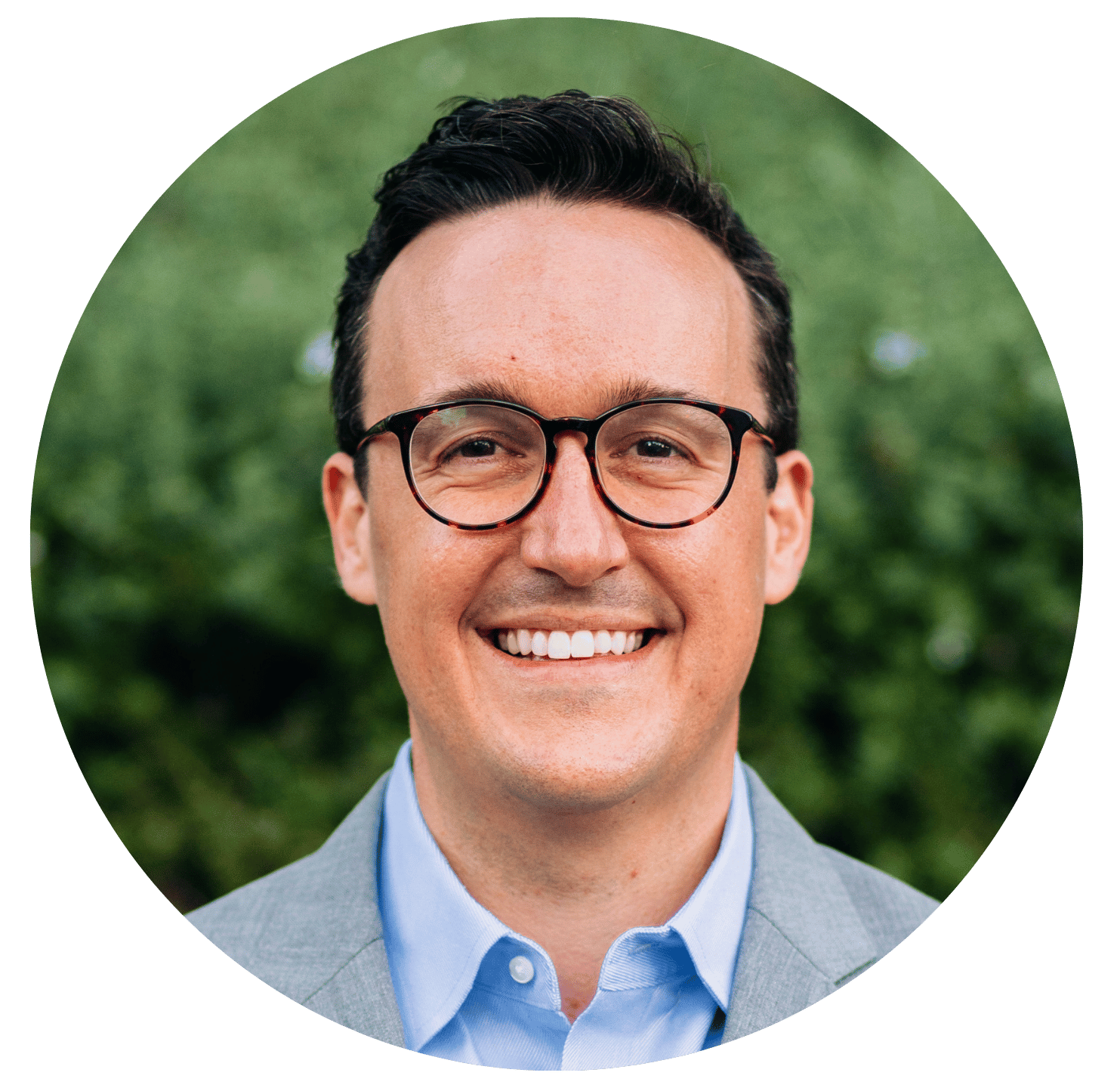Hi - I’m Andrew. I partner with community leaders to transform homeless systems of care.

I have spent the last 15 years working on the frontlines of the movement to end homelessness. During that time, I have had the great fortune to meet and collaborate with hundreds of amazing, inspiring, and insightful leaders and practitioners.
I've also worn nearly every hat you can wear in this field - case manager, program director, government leader and policymaker, system strategist. I have personally experienced all of the blindspots and gone through the hard lessons-learned.
This website is my best attempt to pay it forward by compiling and sharing all of the best tools, frameworks, and resources that I have encountered or created - so you can help drive change in your community, today.
✔ Provided frontline street outreach and case management
✔ Managed a growing nonprofit organization
✔ Held an executive level position in city government
✔ Was named the top national influencer in local government
✔ Led $100M in permanent and interim housing development
✔ Overseen $500M+ in strategic financial planning and modeling
✔ Served as the Chief Strategy Officer for the 7th largest CoC in the country
✔ Taught a graduate-level "systems thinking" course at UC Berkeley
✔ Published a book, So You Want to Solve Homelessness? Start Here
I Have Come to Believe the Following:
Homelessness is not inevitable. “The Modern Homelessness Crisis” is the result of a portfolio of upstream problems (e.g., rising rents, declining wages, lack of access to behavioral healthcare, the racial wealth gap) that, since the early 1980s, have been making it more likely for personal crises (e.g., a job loss, a rent increase, a health issue) to result in episodes of homelessness.
We must focus on what we can control. In a fundamental way, the homeless service sector does not control the upstream issues causing homelessness. Instead, we only control the structure and nature of the response. We’re like an emergency room in a broader public health crisis.
To-date, we have responded by decentralizing. Even though The Modern Homelessness Crisis is happening all across the country, for all intents and purposes, we – the homeless service sector – have fundamentally decentralized our response, leaving every state, county, Continuum of Care, city, and service provider to their own devices to figure out what to do.
This fragmentation is killing us. We have wildly different system designs, even across neighboring communities. We endlessly rebrand and use inconsistent terminology for what are essentially a handful of basic building blocks common to all systems of care. Because of all this, it is nearly impossible to create logical and coherent projections around the level of resources actually required to meet the need.
The solution is a common understanding and strategy. If we accept that we cannot control the causes, but we can control the response, then from this place of humility (and empowerment), we must come together to build a standard model and strategy to align systems of care, sparks real collaboration, and hold ourselves accountable to best practices and benchmarks.
Learn more about this approach:
Get on the List!
Become part of a national group of over 1,200 homelessness Change Makers who get early access to new content, resources, and actionable strategies.







